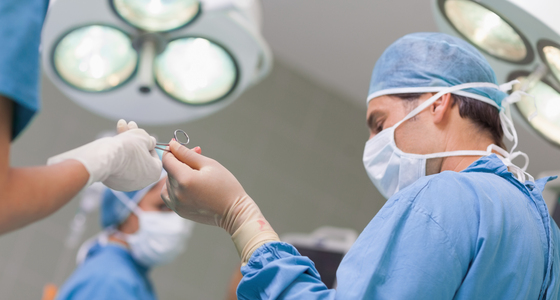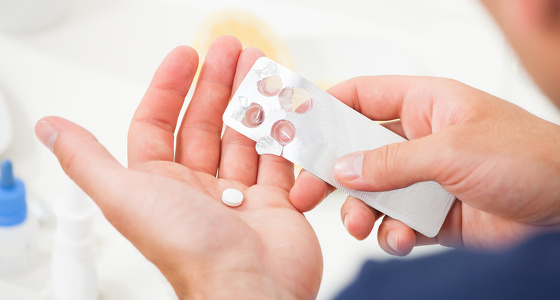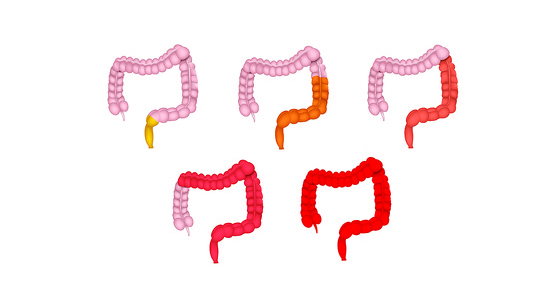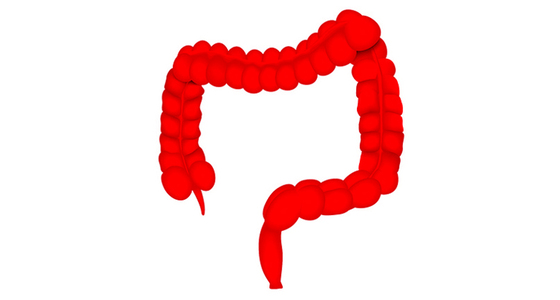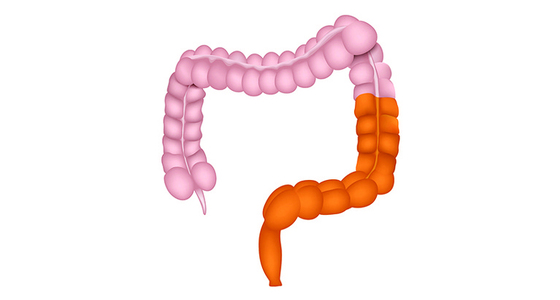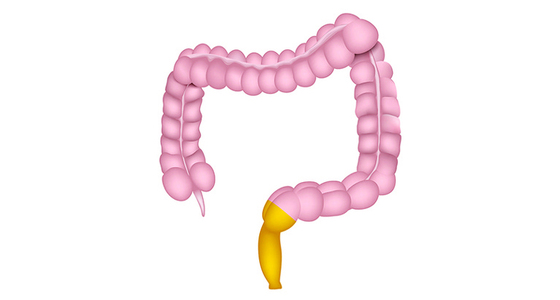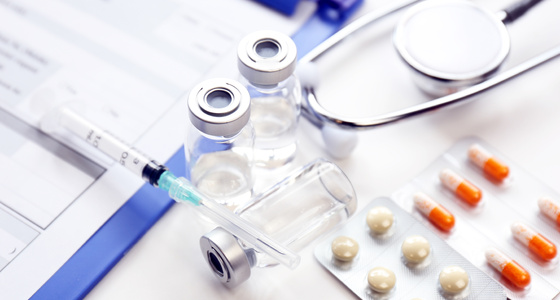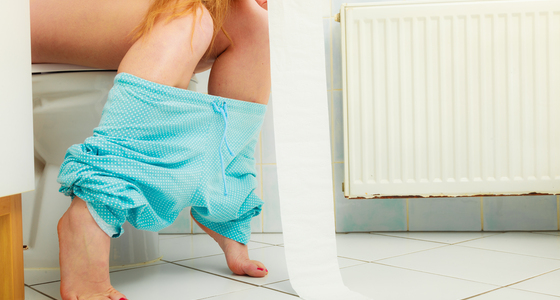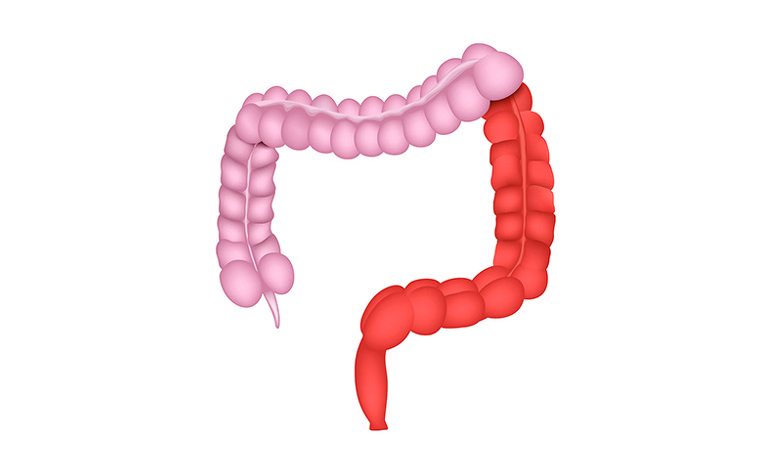
Left-sided (distal) colitis is a form of ulcerative colitis (UC) that begins at the rectum and extends up to the left colon (sigmoid colon and descending colon).
It is a life-long chronic condition which cannot currently be cured and is part of a group of conditions known as inflammatory bowel disease (IBD). UC causes inflammation of the gastrointestinal tract (gut).
In UC small ulcers develop on the colon’s lining which produce pus and mucus. This can cause abdominal discomfort and frequent emptying of the colon (diarrhoea).
Approximately 30% of people with UC are diagnosed with left-sided colitis.
Typical symptoms include:
Treatments currently include medication and surgery. Some people have severely inflamed or damaged parts of their colon surgically removed. This can reduce or eliminate the symptoms of left-sided colitis, however it does not get rid of the disease and there is a risk that it will return to another area of the colon in the future.
Some people also make adjustments to their diet and lifestyle to support their medical treatment - such as exercise, improving quality of sleep, reducing stress.
